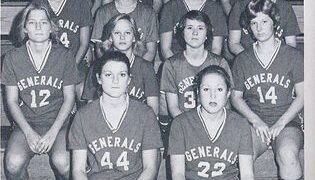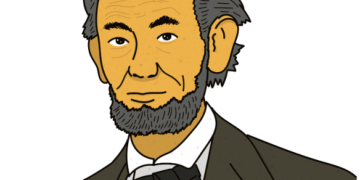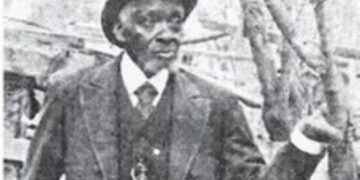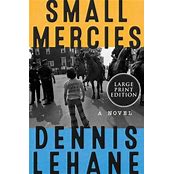
Born in Boston in 1975, Lehane is the son of Irish immigrants. He grew up in the Dorchester neighborhood of Boston, the youngest of five children. His father worked as a foreman for Sears & Roebuck while his mother was a cafeteria worker in the Boston public school system. Lehane graduated from the Jesuit Boston College High School and went on to Eckerd College in St. Petersburg, Florida, where he first began to write fiction. He also earned a graduate degree in creative writing from Florida International University where he studied with Sterling Watson, also a writer of both detective and literary fiction. Twice married, Lehane is the father of two children; his family currently lives in California.
Lehane published his first novel in 1994 and gained immediate financial success. Four of his books became Hollywood films: Mystic River (2003), Gone Baby, Gone (2007), Shutter Island (2010), and Live by Night (2016). He has also written scripts for television shows, including The Wire, and Boardwalk Empire. His success also launched his part-time teaching career at Pine Manor College in Massachusetts, Eckerd, and Harvard. His work has been nominated for and received a number of awards, including an Honorary Doctorate of Humane Letters from Eckerd in 2005.
Both Mystic River and Small Mercies are set in Boston in Irish neighborhoods. Both deal with the sort of people with whom Lehane grew up. The adult characters are the children of Irish immigrants who make a scant living from factory jobs. Some are ambitious for their children, as were Lehane’s own parents, while others expect their children to continue a hand-to-mouth existence. Their family outlook is paternalistic–with husbands controlling hapless wives. Their attitudes are insular–few see any life or world outside their communities. Violence is prevalent in their lives.
Lehane’s Mystic River has received most attention, both readership and critical approval. A writer for Bookbrowse describes the novel as “a tense and unnerving psychological thriller–also an epic novel of love and loyalty, faith and family.” The three main characters–Dave, Jimmy, and Sean–, are playmates in the neighborhood, but not particularly close. In 1975, a pair of pedophiles abduct Dave pedophiles and hold him in abused captivity for four days. Damage to him is permanently life-changing. The other two, Jimmy and Sean, feel intense guilt for being the ones not taken–they refused to get into the car with the predators.
After twenty years, Jimmy’s daughter, Katie, is murdered in the same neighborhood. Jimmy, who led a criminal gang as a teenager, now owns a small sandwich shop. Sean has become a cop, and Dave has married but is living a troubled existence, still haunted by the abuse that left him doubting his own sexuality. A tangled story evolves with Lehane revealing incredible tensions as the tree men reunite. The movie version, directed by Clint Eastwood, features Sean Penn as Jimmy, Tim Obrien as Dave, and Kevin Bacon as Sean. Penn won the best actor Oscar for his performance and Obrien won as best supporting actor. The move is a superb adaptation.
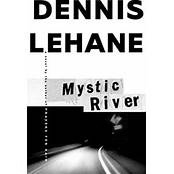
Small Mercies has other differences from Mystic River: he notes changes that will soon undercut the isolation of the area as factories close down and the area becomes gentrified with the arrival of outsiders. Lehane’s people, who look to move forward, are thwarted and react with almost-instinctive violence. Gangs control day-to-day life, creating an Irish Mafia. In a New York Times review, J. Courtney Sullivan writes, “One of the more fascinating aspects of the novel is its powerful indictment of the damage done by the Irish mob . . ., who fomented hatred and xenophobia in an effort to keep the community development dependent on them and to keep outsiders away.” Sullivan identifies the mob leader in the novel, Marty Butler, as “a thinly-veiled stand-in for Whitey Bulger.”
Another big difference in Small Mercies is that the central character of the novel is a woman. Mary Pat Fennessey, emerges a much more fully realized person than the female characters in Mystic River. A widow, whose son died of an overdose after serving in Viet Nam and a daughter who goes missing during the early pages of the novel, Mary Pat demonstrates how individual power can evolve under the impetus of love and guilt. She becomes her own detective, successfully tracking down her daughter’s killers and, in the process, experiences the “small mercies” of the book’s title. Sullivan calls Mary Pat a “take-no-prisoners hero” and adds, “[I]t is a thrill to watch her burn it all down.” I agree.






